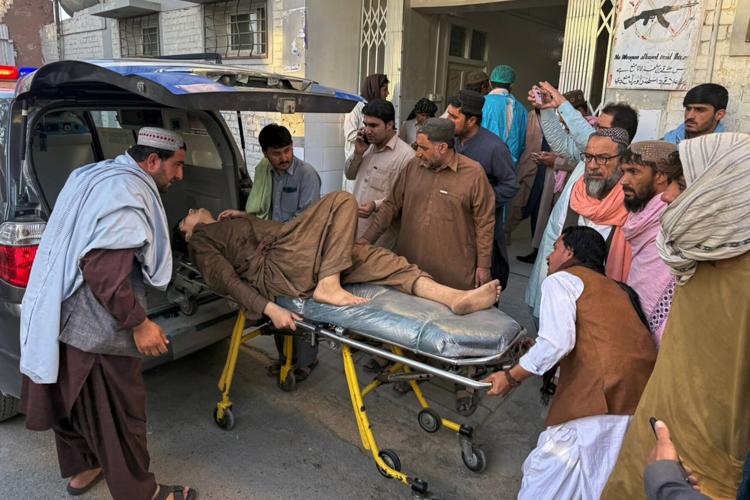The United Nations has called on Pakistan and Afghanistan to achieve a lasting ceasefire following a surge in violence that has resulted in numerous civilian casualties. The recent hostilities, which began escalating on October 10, 2023, have been described as the deadliest conflict between the two nations since the Taliban assumed control of Afghanistan in 2021. Over the course of several days, fighting has claimed dozens of lives and left hundreds injured across both countries.
The conflict has intensified as each nation accuses the other of initiating armed provocations. In a significant development, representatives from both sides agreed to a ceasefire on Wednesday, following urgent appeals from regional powers concerned about the potential for destabilization in an area already influenced by extremist groups such as the Islamic State and al-Qaida.
UN Mission Reports Civilian Casualties
The United Nations Assistance Mission in Afghanistan (UNAMA) has welcomed the ceasefire while assessing the impact of the violence. Reports indicate that the southern region, particularly Spin Boldak, has borne the brunt of the conflict. According to UNAMA, at least 17 civilians were killed and 346 injured on the Afghan side of the border during recent clashes. Additionally, the mission has documented at least 16 civilian casualties across various provinces in Afghanistan from earlier skirmishes.
UNAMA has emphasized the urgent need for all parties involved to end hostilities to protect civilians and prevent further loss of life. “Current information indicates a significant toll on innocent lives,” the mission stated. Despite the violence, there were no reports of fighting overnight, suggesting a temporary reprieve following the ceasefire agreement.
Historical Context and Ongoing Tensions
The relationship between Pakistan and Afghanistan has been fraught with tension, particularly since the Taliban’s return to power. The two nations share a contentious border known as the Durand Line, which Afghanistan has never formally recognized. Pakistan has repeatedly accused Afghanistan of harboring militants who launch attacks across the border, a claim that the Taliban has consistently denied.
As Pakistan contends with a rise in attacks since 2021, the current situation underscores the fragile state of security in the region. Without a sustained commitment to peace, the potential for further conflict remains high, posing risks not only to civilians but also to regional stability.
The UN’s call for a lasting ceasefire highlights the urgent need for dialogue and cooperation to address the underlying issues fueling the conflict. As both nations navigate this precarious situation, the international community watches closely, hoping for a de-escalation of tensions and a focus on humanitarian needs.






































































